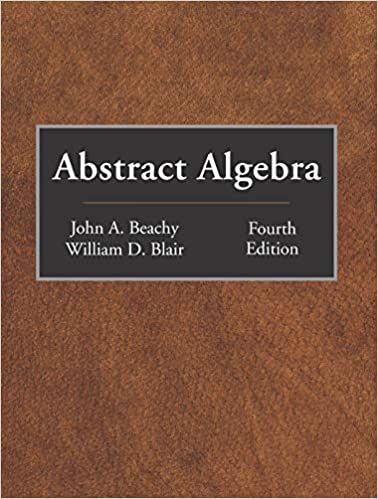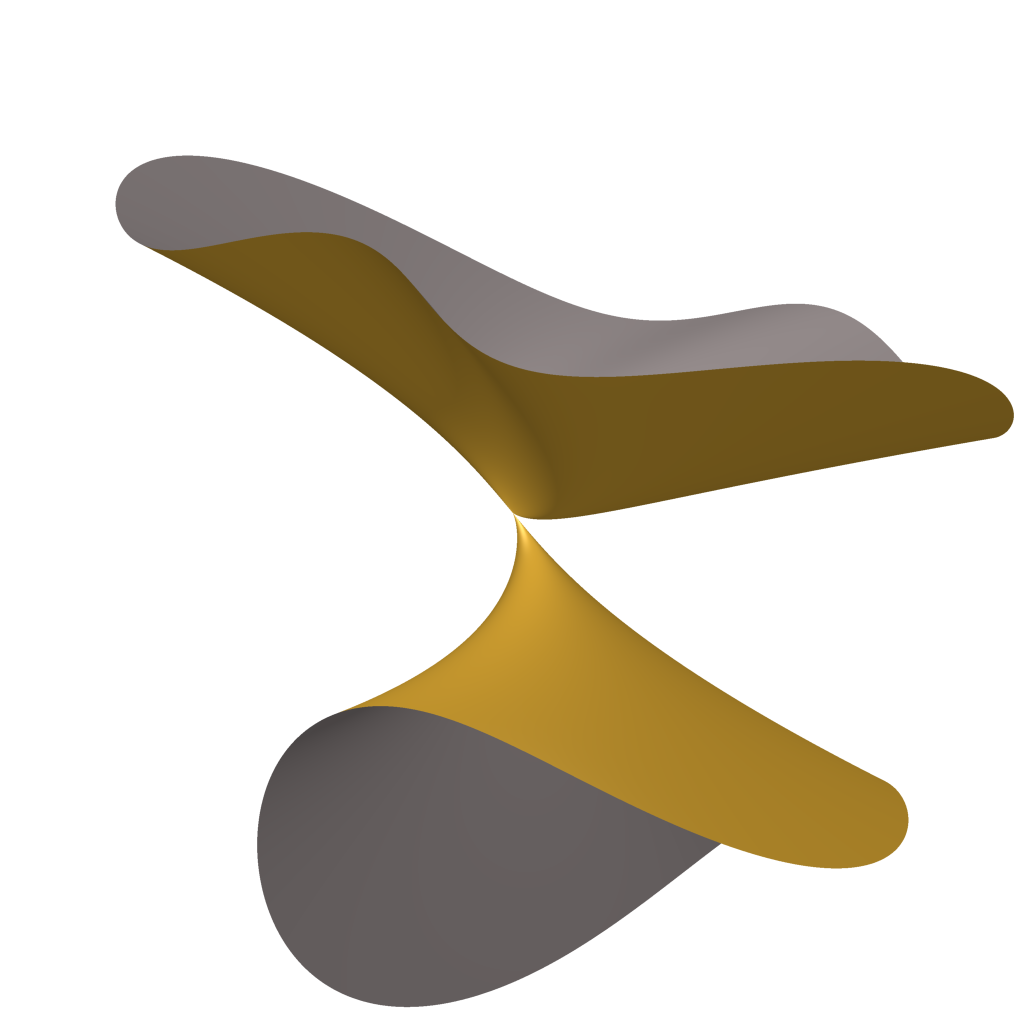
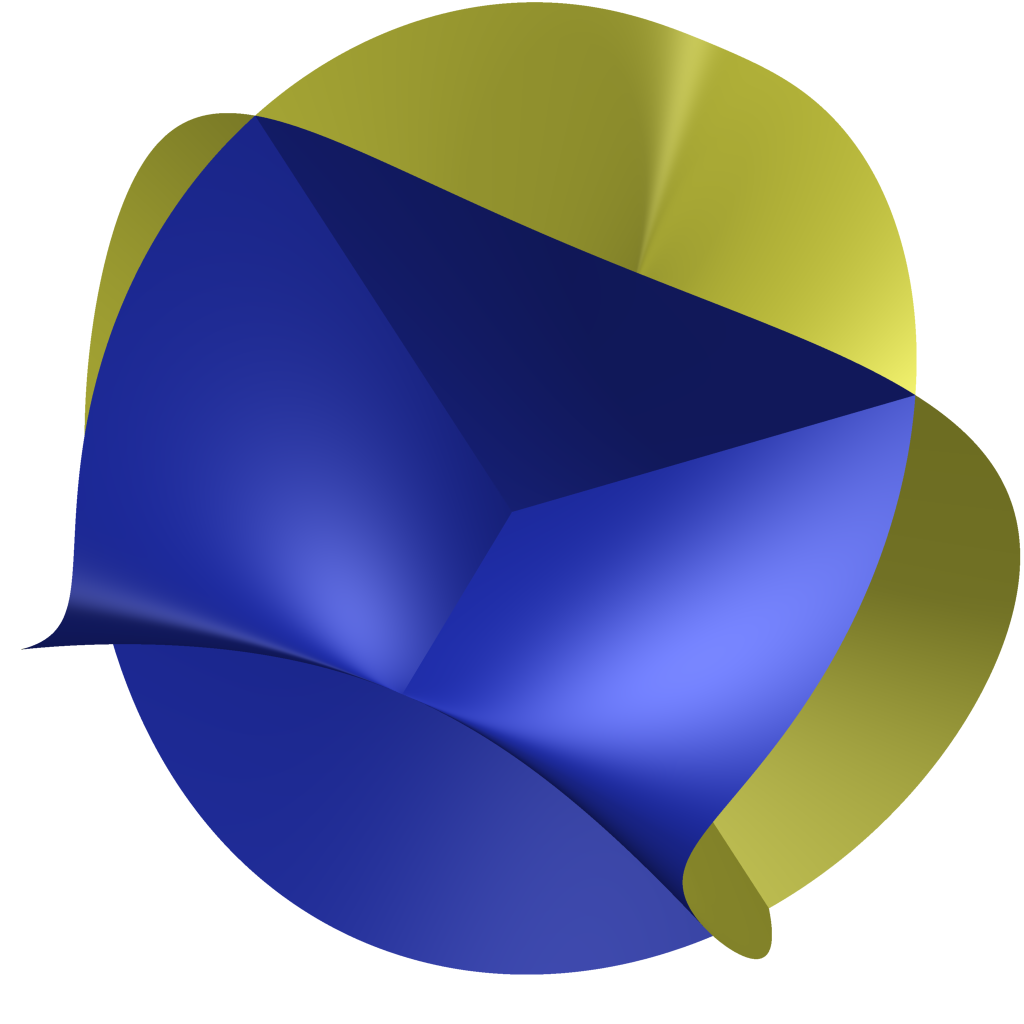
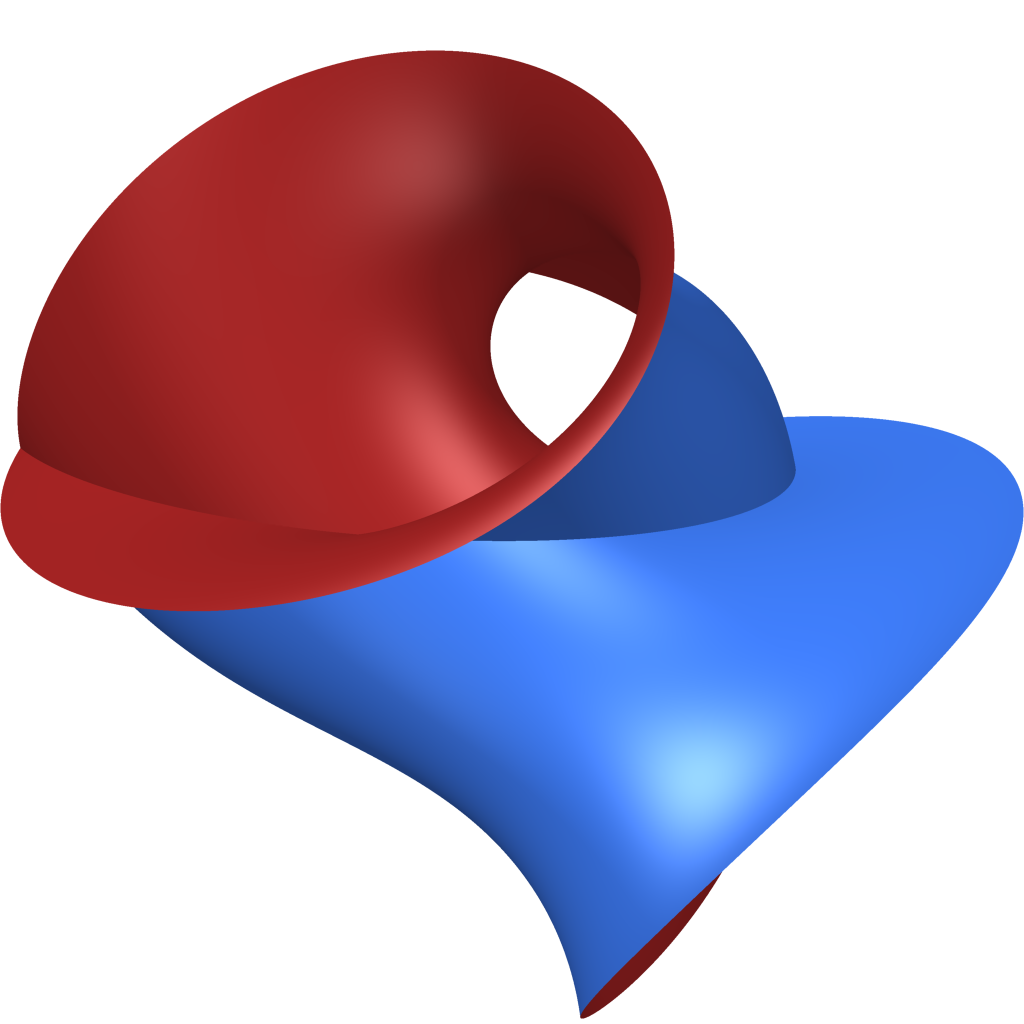
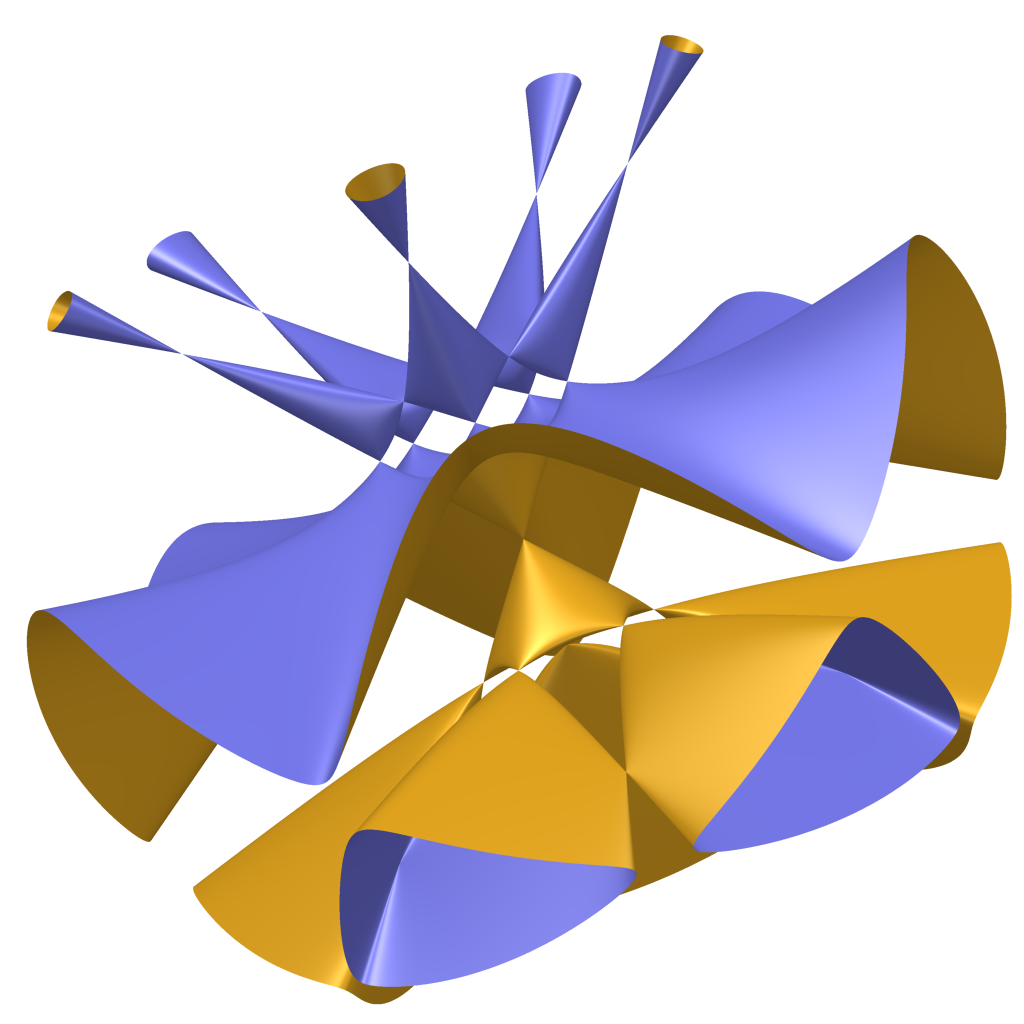
- Course Webpage:
-
- www.math.cornell.edu/~mike/3340-sp21
- We will use the Math 3340 canvas web site for textbook access, grades, announcements, and questions and discussions.
- Description:
This course is perhaps the first mathematics course you are taking which deals with structure, not equations and numbers. This course introduces the most important algebraic structures that appear over and over in many fields of mathematics as well as in applications: groups, fields, polynomials, commutative rings and ideals. At first these seem abstract, but by the end of the semester, they will be your friends!
We will start with group theory: groups are strongly connected to symmetry, and have an amazing depth of application, and also group theory is a beautiful subject in its own right. After that we will consider the important and concrete notions of polynomials, and polynomial rings. These are basic in any area of mathematics that involves polynomials, for instance, algebraic geometry. We then abstract this to the notion of a commutative ring, and define and study the notions of ideals in these rings. This material also has many far-reaching applications, in algebraic geometry, number theory, and computer science. We then investigate the structure of fields (which we have defined and used some before this). A beautiful theory, which we will cover, is the structure of finite fields, and irreducible polynomials over them. Although we won't delve into this aspect in detail, it is interesting that many hardware devices have hardware for finite fields built into them, as they are useful for error correction and encryption.
An important aspect of this course is to learn to read mathematics, and to be able to communicate mathematics clearly, and in a logically clear manner: that is, we will learn to read and write proofs. A proof is not a pedantic thing, it is a way of communicating ideas in a clear and logical manner, as well as making sure that things are true!
When I was an undergraduate, this was the my favorite undergraduate math course! Come and enjoy a beautiful and powerful subject, and see what actual mathematics is about!
As for what I expect on your part in this course: You should prepare for class by reading the textbook ahead of time. I welcome your questions in class about the text. You should stop me in class if you do not understand something I have explained. Doing the homework is very important, as mathematics is not a spectator sport. Here and there I will ask you to think of how to prove a result, or even what should be true, and later we will present answers (perhaps you will find a better proof!). But the process of looking for such results is rewarding and you will obtain a much better understanding. As for homework, you should spend significant time making sure that your homework solutions are clear and well written.
- We will sometimes use my Macaulay2 software (You may also use Macaulay2 on the web). to aid us in exploring abstract algebra, as well as the excellent program for group theory, GAP.
- Lectures:
MWF 10:10 am - 11:00 am, online via zoom. See canvas site for links.
- Instructor:
Mike Stillman (503 Malott Hall, mes15@cornell.edu). Office Hours: Currently, Tuesday 9 - 10 pm (starting Feb 9), Wednesday 4 - 5 pm (starting Feb 17). zoom link will be on canvas.
- Teaching Assistant:
Rodrigo Delgadao ( rd567@cornell.edu). Office Hours: TBD, zoom link will be on canvas.
- Prerequisites:
One of the linear algebra coures (math 2210, math 2230, math 2310, or math 2940).
- If you have not satisfied the prerequisites, seek permission of the instructor to take the course.
- Textbook: Abstract Algebra, Beachy and Blair, 4th edition
- Important! The opt-out date is March 2, 2021 for the online version of this text, via canvas. Students have until this date to decide whether to keep the digital materials and be bursar billed, or OPT-OUT and choose to acquire digital or print materials on their own. Opt out on the canvas website for this course, otherwise you will be billed!
